“Everything Has Changed:” The Shifting Role of Actors During a Global Pandemic with Curtia Torbert8/27/2020 To kick off the launch of our new weekly podcast, Dare to Dream Productions Podcast, hosted by director Bridget Johnson. Local actress and singer Curtia Torbert shares her experience of working as an actress during the global pandemic. By Luke Bechtel 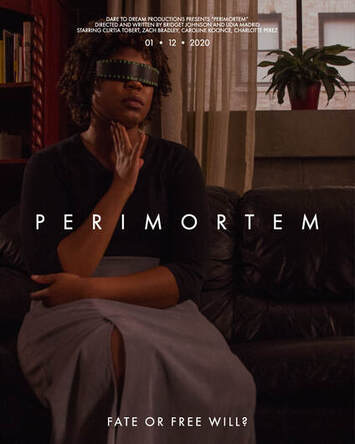 Curtia Torbert stars in Bridget Johnson's sci-fi film, Perimortem coming out in 2020. Curtia Torbert stars in Bridget Johnson's sci-fi film, Perimortem coming out in 2020. Curtia's love for performing spans more than a decade and includes theatre, television, film, and commercial work. In addition to acting, Curtia has directed and produced work for the stage. In 2014, she graduated with a BA in Acting and later received her MBA in 2019. Curtia welcomes the opportunity to collaborate with filmmakers. Curtia’s interview has been edited and condensed for clarity. What projects have you been working on? Right now, everything is very slow. Before the shutdown, I was working on a feature, but now we’re in limbo. A lot of productions have been dealt those cards where everyone is just waiting. Luckily, the commercial industry is still up and running, but with a lot of changes. Especially around the beginning of the shutdown, the way commercials were being produced was way different than how it usually is. Usually, you get cast, you get your script, and you go on set for a couple of days. However, since a lot of states shut down, you ended up seeing a lot of voiceovers and stock footage - even now, if you turn on the TV, a lot of the commercials are using a lot of stock footage, so the voiceover industry was booming. I’m not a voiceover artist. But the voiceover artists were really, really working. Of course, you can’t really sustain that for long. A lot of viewers really appreciate the actor - the person they can see and hear. After that stage, commercials moved towards filming from home. Now, finally, now that the industry and country are opening back up, I’ve been able to participate on set in commercials. Of course, with these commercials, they still include the coronavirus reality. We would film a “normal” commercial, then a second take with coronavirus social distancing standards, so we always have those two options for when it actually airs on TV. Everything has changed. So what’s it like to be on set? Do you have to wear a mask and is there social distancing? For every commercial, there’s of course an NDA (non-disclosure agreement) so you don’t share information regarding the production until, obviously, it’s released. But now, there’s an entire other contract that involves just health. So your temperature had to have been taken in the past 14 days, it asked if you’ve been around anyone sick in the past 14 days, you know all the coronavirus guidelines that we have to abide by. So, on set, every so often, we have to get our temperature taken, and we must wear masks right until we start filming - unless there’s a take that requires a mask. And then, while we’re all holding, we have to social distance.
You’re so excited to get this opportunity to do what you love, but there’s still this anxiety - there are still people on set. I hope I don’t get sick, I can definitely be accountable for myself with staying healthy, but how accountable are these people that I’m working with? So there’s definitely still a level of anxiety and consciousness of the reality of the times, but leaning more into taking those precautions and making sure I’m doing everything I can to stay safe. Is there anything you think actors should do to make their actors feel safer on set? In my recent personal experience, I don’t think there’s anything anyone on set could have done differently to make me feel more comfortable. I definitely felt comfortable while I was there. Our contract that came out ahead of time was very clear that everyone on set was expected to uphold these requirements. Everyone would be taking these self-checks and temperature checks, and everyone always wore a mask on set. They were very transparent and aware of our needs and wanted to be very respectful of our comfort. I don’t know what else a director would do or should do outside of the amazing experience that I had. Everyone on the crew wore masks, we were constantly asked “are you comfortable?” We had different scenes and location shots within the area, and we were always asked, “do you mind taking off your mask?” And I appreciated that. Here’s something that a lot of productions are doing, especially commercials; they’re asking people auditioning for roles in pairs, families, or couples to audition together. So, if there was a couple that was kissing, they’d rather cast a real-life couple who have been quarantined together and do live together, so there wouldn’t be any discomfort of being close to someone they don’t know and aren’t familiar with. What’s it like right now applying for acting jobs? Has the demand decreased? Oh, yeah. Yeah. Definitely. Like I said, I’m not a voiceover artist - the demand for them has shot way up. They are working. They’re turning work away. My work has decreased, obviously. Because so many projects are casting families or couples, I live alone in Chicago, so that made it difficult to get cast in projects. Luckily, I did this commercial with my nephew - he’s four months old now - and the commercial was filming in his home state, not here in Illinois, but I was able to work as a local hire there. I really lucked out with that one. If I wasn’t able to work with my nephew, I most likely wouldn’t have been cast. I always recommend actors and artists to continue training. There’s always gonna be someone who’s learning new skills and techniques and they’re gonna surpass you. As far as training, a lot of training has gone virtual as well, and a lot of it focuses on voiceover training because that’s what’s casting right now. And it’s likely that’s what’s going to be most heavily cast for the next few months to a year. Is there any training in Chicago you’d recommend for actors in Chicago? The Forge, formerly known as Blue Door Collective, has voiceover training, screenwriting training, production training, acting 101, and master classes. They are really the full circuit for filmmaking. I’ve done a few workshops with them, and on their Facebook page they offer some free courses as well. They’re really great. We’re in kind of a weird phase right now. Shelter-in-place is over with, but people are still staying inside. How was your shelter-in-place? What did you do during that time? Oh, gosh. That was hard emotionally, especially for someone like me who already suffers from bouts of depression and anxiety. Just the smallest triggers will send me into chaos. Just the first few weeks of the mandatory stay-at-home order were really hard on my psyche. Especially since I live alone; my whole family is in the South and my husband is away on military duty. So, reading, praying - over time, I found that short walks are really helpful. Talks with family and friends, therapy - I found that all of those together have been really helpful. Still, you have your hard days and you have your good days, and it’s all about managing it. Exercise is really good; since the stay-at-home order, I’ve gotten involved with online exercising. I just do it in my room. I’m able to sleep a little bit better at night after that. I’ve just been taking it one day at a time knowing that it’s not just me. Everybody is having to deal with this. Somewhere or another, people are able to work and pay their bills as they’re dealing with COVID or are sick and afraid to go to the hospital because they’re scared of contracting COVID. So, just, you know, breathing, meditating, taking it easy, and reminding myself that it could be worse. Sometimes those inner thoughts don't always give me a lot of energy to get out of bed, but it does help to remember those things. It’s definitely a hard time to live alone right now. It seems like we’re dealing with not just the pandemic, but also a historical revolution, and all this stuff with the president, and it’s just been a hard time. But I think there’s a lot of positive change happening, especially with police brutality and new laws being in effect for that. It’s definitely a momentous year. When you think about what could happen, everything is happening. If there’s an apocalypse in 2020, I wouldn’t be shocked. Me neither. There’s the largest civil rights movement ever, gay pride is at an all-time level of awareness, a historic election, and the coronavirus pandemic - what else could happen? I hope something positive. So, what do you think the future of film sets looks like? Do you think these are temporary regulations or permanent? Maybe a mix of both. I think people are going to be a lot more conscious of health and safety not just in the industry, but in everyday life. There was a running joke on social media that said, “you really waited until a pandemic to learn how to wash your hands?” But now, even people like my little cousins will wash their hands and sing “Happy Birthday” while washing up now. They’re kids; they’re six, four, and two. That’s just going to be their new normal; in twenty years, they’re just going to be doing it. I don’t know about masks being the norm forever. I know in other countries, the general public has been wearing masks for years. But who knows? Maybe it’ll be a new normal to always be taking your temperature. Maybe they’ll be including clauses in contracts about health and safety rather than making it a whole separate contract. I do think that the industry is going to morph into something that’s a combination of what we had before and what we have now; I just can’t imagine continuing like this forever. It’s difficult to imagine. Even when you’re talking about the release of films, a lot of production companies are releasing films straight to digital. There was even a movie theater that said they’re no longer releasing a certain company’s films in theaters, so a lot of films are going straight to DVD or straight to digital way faster. A lot of companies are also realizing that they get more viewers on digital platforms than they would in theaters. I feel like we’re learning a lot of new opportunities that we’re forced into that they wouldn’t have realized otherwise. There’s this camaraderie when you can sit in a huge room full of people and laugh and cry at the same things. 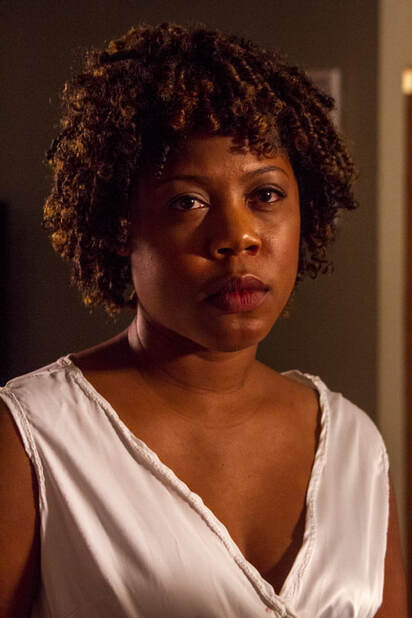 Curtia Torbert as Ophelia Collins in Perimortem. Curtia Torbert as Ophelia Collins in Perimortem. I can definitely see that, especially because people are staying at home and you save a lot of money streaming things compared to going to the movies. But, again, going to the movies and seeing something on a big screen with a crowd of people is amazing. Especially when you can see your work on screen; it’s a real feeling of accomplishment. I just hope movie theaters never go obsolete, because that’d be really sad. Especially for people in the film industry. There’s this camaraderie when you can sit in a huge room full of people and laugh and cry at the same things. People can be rows away but there’s still this connection to this film you’re all watching together, and to think that that could be gone one day is really sad. Drive-in theatres are coming back, which is really interesting. So what's next for you? I don’t really know. I’m really just taking it one day at a time. As you know, I was writing my first film - a short - so I’m currently doing rewrites for that. I first started writing in January of this year and hoped to get it produced by the end of this year, but, for obvious reasons, that isn’t going to happen. I considered adapting it to a short story, or I might put it on hold until next year. There was a TV show, CBS’ All Rise, and it was the first TV show to have a coronavirus-centered plot, and they did it completely from the actors’ homes. They incorporated Zoom and toyed with the idea of holding an entire court hearing via video. Like, “how could we do this? Is it legal? Will it work?” It was fascinating seeing the possibilities. It sparked something in me; would I be able to produce a romance film completely through a video call? How would that look? It’s been hard to concentrate. All these self-help things you can do like exercise, read, write, and take walks, sometimes make it hard to concentrate on work, for me, at least. I had to deactivate my social media and didn’t turn on the TV for, like, five days because all that was coming through was news on coronavirus and police brutality. I just had to unplug and not think. Follow Curtia Torbert for updates! Interested in working with her? Find her on: Actors Access Casting Networks Backstage Stay tuned for next week's podcast with experimental filmmaker, Elizabeth J. Cassidy!
1 Comment
dare to dream productions podcast |
bridget johnsonHOST + EDITOR Bridget is a Director and Writer studying Digital Cinema at DePaul University. She specializes in writing and directing feel-good films that leave the audience thinking about their own lives and their impact on this world. Fun fact: Her films have been shown at the Museum of Contemporary Art and the AMC theater in Times Square. |
AMELIA GROSSMANGRAPHIC DESIGNER + WRITER Amelia is a Chicago teen actress and is in junior high. She’s been acting since she was 4 years old and aspires to be a famous and well-known actress. Her hobbies include writing, cosplaying, and watching anime. Fun fact: She has written a 50+ page fantasy story in a few months worth of time. |
LUKE BECHTEL PODCAST EDITOR + WRITER Luke studies Editing at DePaul University. His overall goal is to tell people's unheard stories in unique ways using creative methods of visual storytelling, oftentimes combining mediums and styles as a means of pushing my storytelling forward. In his free time, he likes to read, cook crazy new recipes, and spend time with his girlfriend, Louise. Fun fact: He's a magician and does card tricks! |
Author
Bridget Johnson is the president and co-founder of Dare to Dream Productions. She writes and directs thought-provoking films that inspire others to follow their dreams.
Archives
March 2021
February 2021
December 2020
November 2020
October 2020
September 2020
August 2020
June 2020
May 2020
April 2020
January 2020
October 2019
July 2019
June 2019
May 2019
April 2019
March 2019
Categories and authors
All
Acting
Amelie Tsoungui
Camera
Director Of Photography
Editing
Film
Luke Bechtel
Meg Moore
Pandemic
Post-Production
Screenwriting
Writing
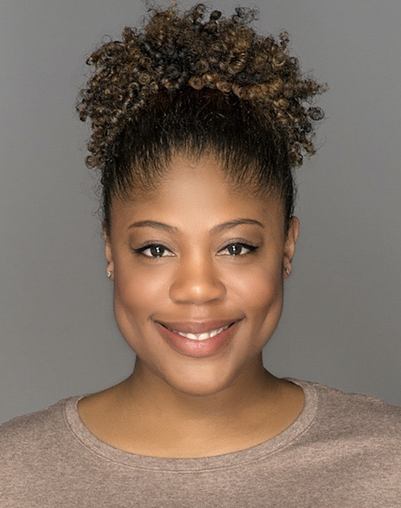
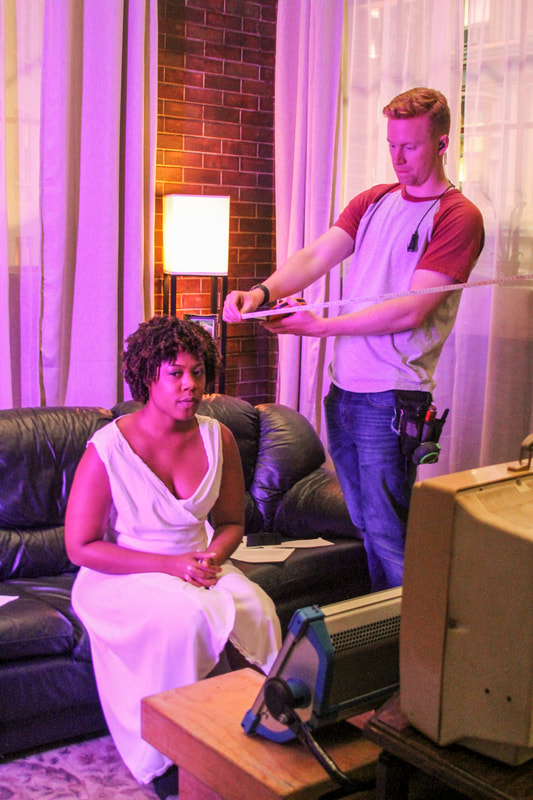
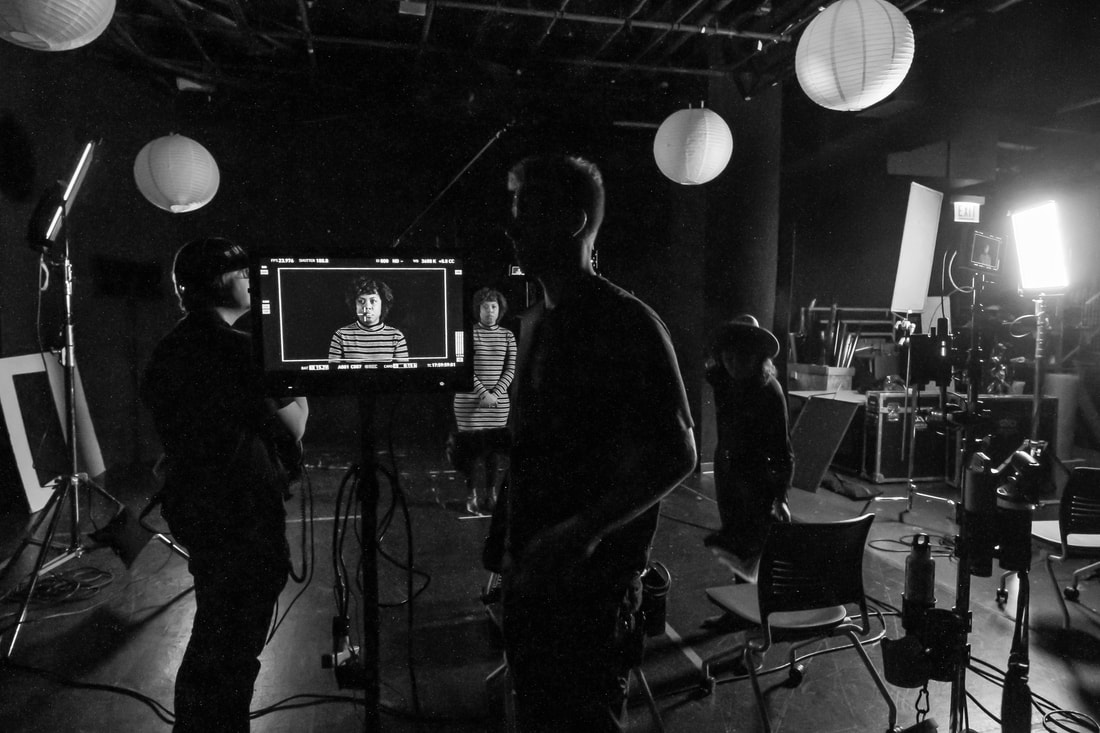
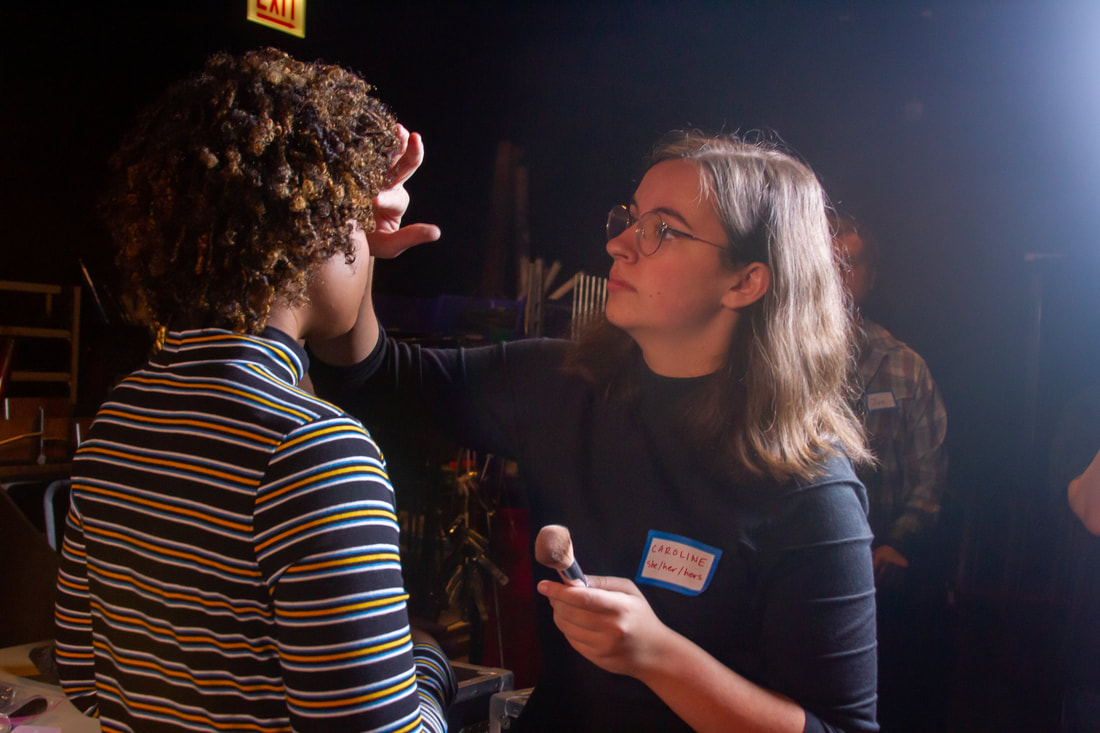
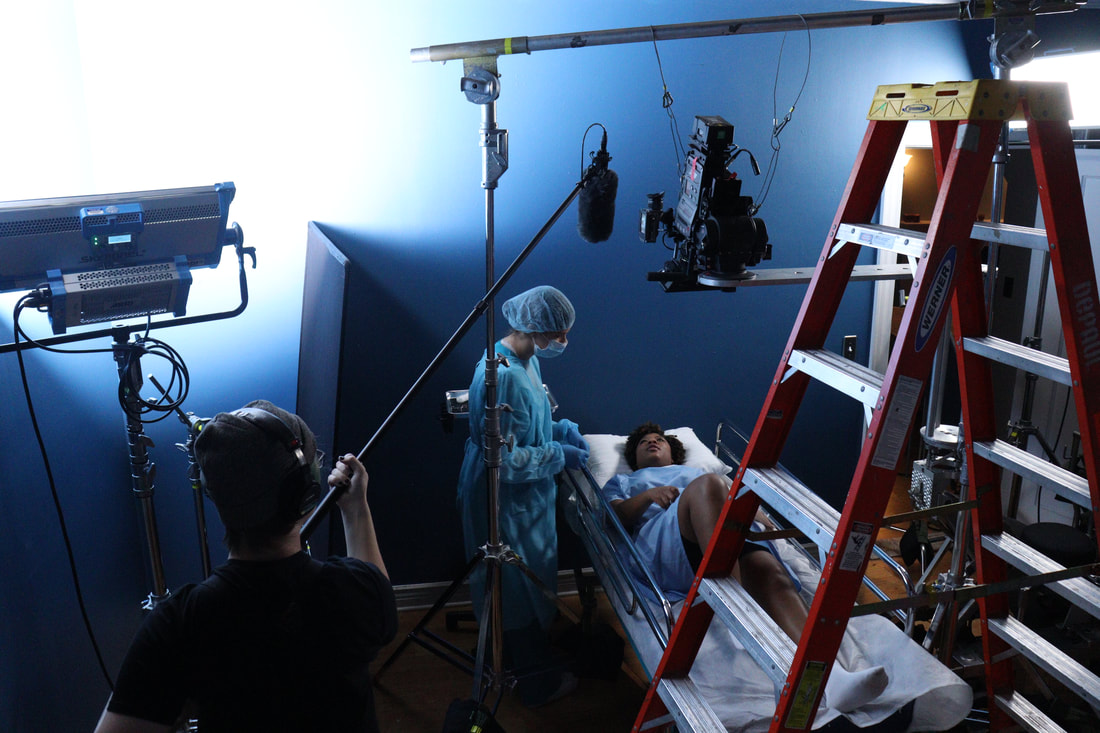
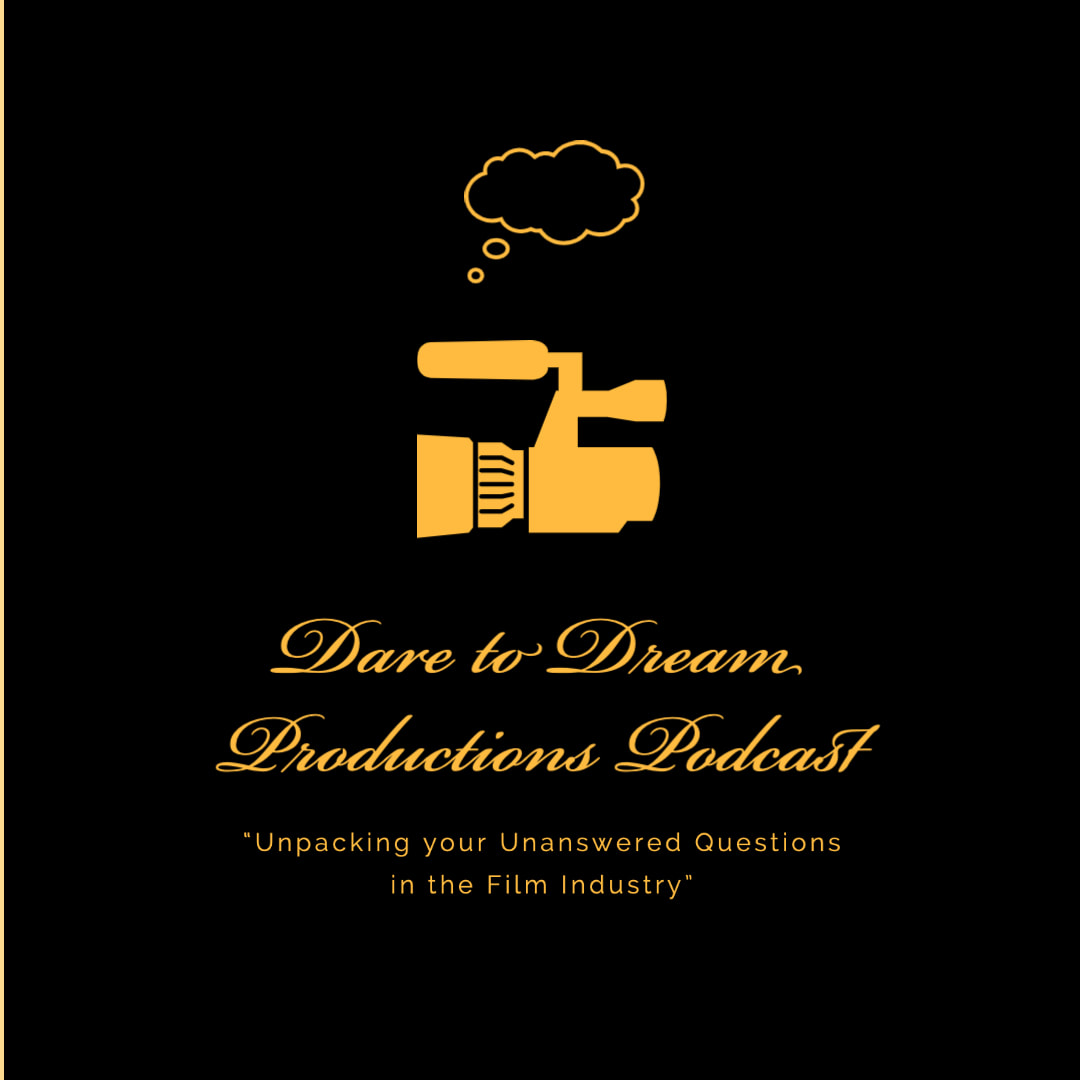
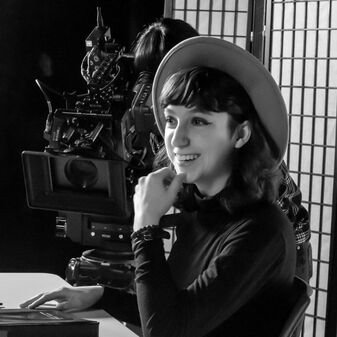
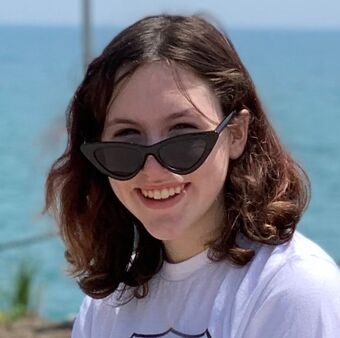
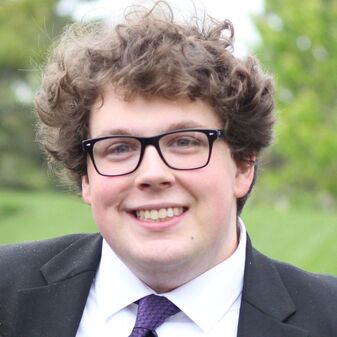
 RSS Feed
RSS Feed